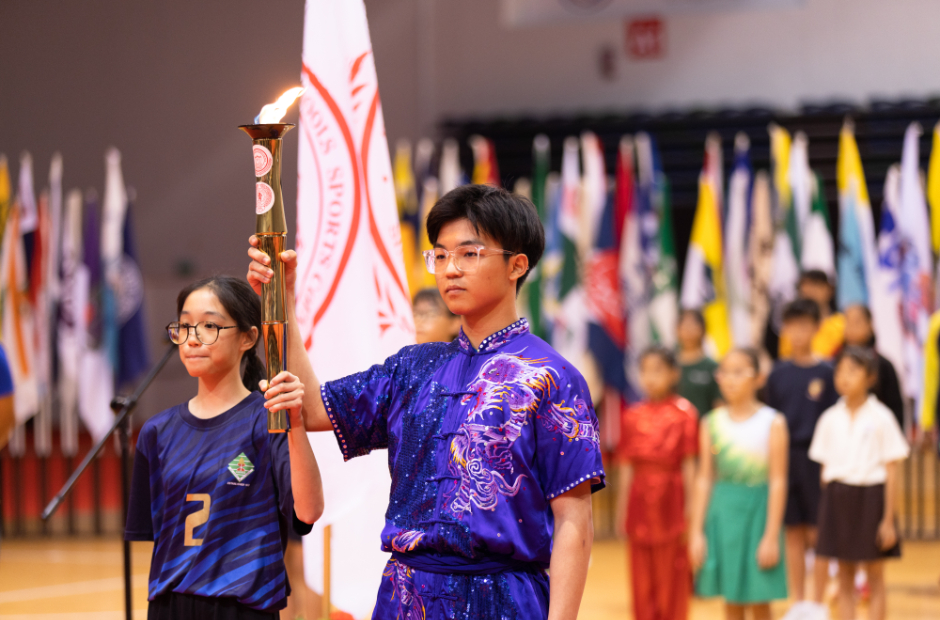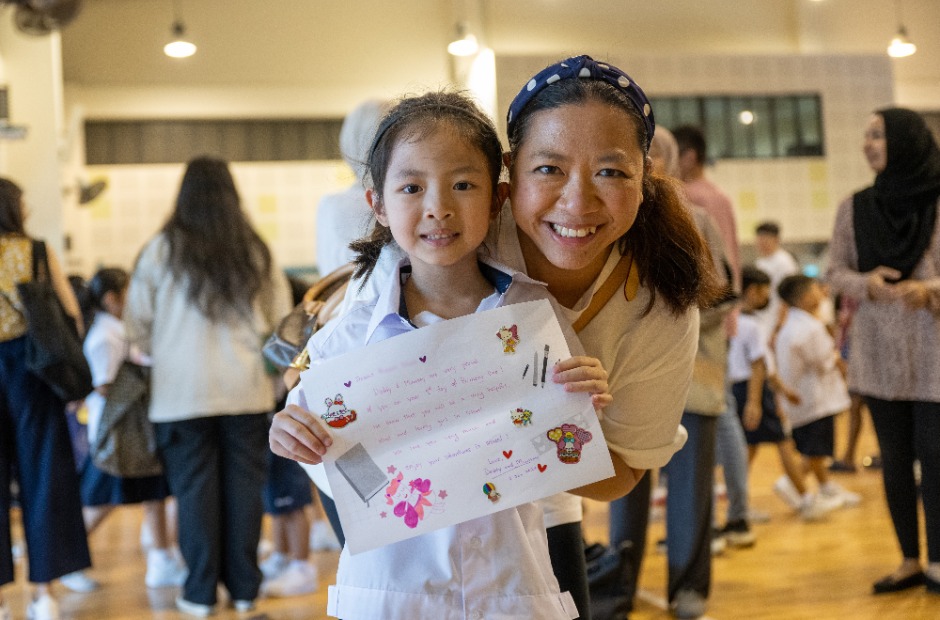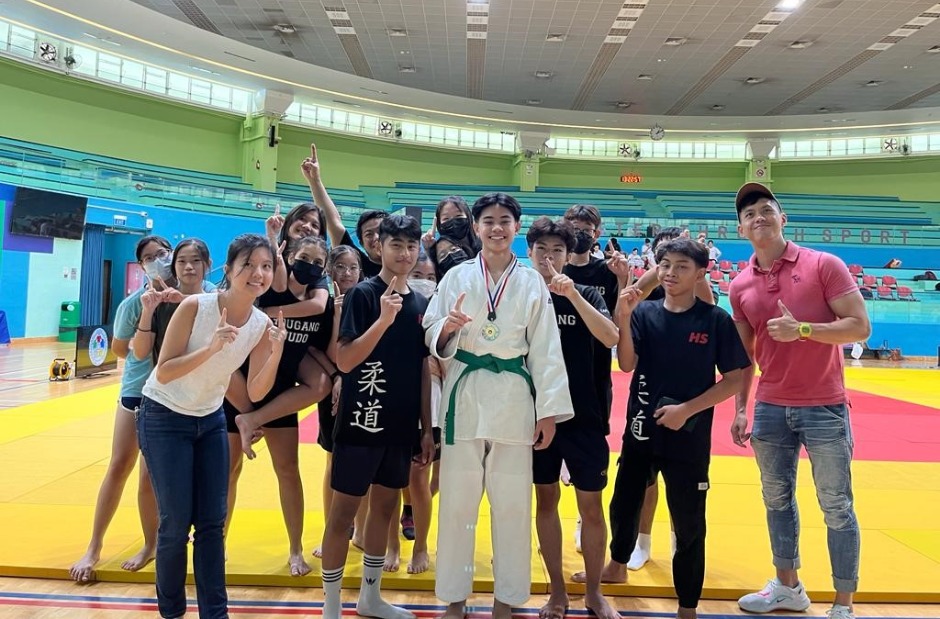PLAY Time at Greendale Primary School
20 Mar 2009
When the bell rings to signal the end of the school day on Thursdays, most of the Pri 1 and Pri 2 pupils at Greendale Primary School don’t dash off home. Instead, they eagerly stay back in school for an hour of PLAY time.
No, it’s not ironic. PLAY time at this schools refers to a host of 24 activities spread across three categories: performing arts, clubs/societies, and sports and games. Activities include hip-hop dance, line dance, frisbee, floorball, maths games, speech and drama, LEGO club and Bakers Inc., just to name a few.
What is PLAY?
At Greendale Primary School, PLAY refers to Play, Learn And Yield (Positive Outcomes), a one-hour-a-week session open to all Pri 1 and 2 pupils, so that they can take part in character and citizenship education activities. Started in July last year, it’s conducted outside of curriculum hours as a form of CCA.
All pupils are assigned to an activity group, with each activity lasting about six weeks. Throughout the school year, each pupil involved in PLAY gets to try out four kinds of activities across all three categories. While joining PLAY is not compulsory, over 90% of Pri 1 and Pri 2 pupils are participating in the programme.
“We hope that all our pupils will be exposed to a broad range of activities that would engage them in learning beyond the normal school curriculum,” explains principal Ms Foong Yin Wei. “At the same time, we also wanted a structured programme to teach pupils skills and values.”
The school believes that lower primary pupils will benefit from such a CCA-like programme as it can enrich their school life, promote character development, and enhance their emotional and social well-being, especially through interactions between pupils in the different levels. The PLAY programme also taps the interests of the teachers, allowing them to combine their hobbies with work.
Developing character and interests
At the start of every PLAY session, all pupils gather in the hall for 15 minutes. This time is spent learning values such as responsibility, loyalty and resourcefulness, which are aligned with the Social and Emotional Learning framework. Pupils learn through fun activities such as role-playing, quizzes, stories and songs.
Pupils then have the opportunity to put their learning into practice during PLAY time. Learning is also reinforced in the classroom during Music, Art and Craft, and Civics and Moral Education lessons.
For example, in the first six-week activity cycle this year, pupils learnt about the importance of being responsible. To put them to the ‘test’, they were asked to show responsibility by, for instance, keeping the promise of bringing something to the PLAY session, completing certain tasks that they are assigned or helping teachers to put away the equipment after use.
To mark the end of each cycle, there are competitions and exhibitions for those in sports and games and clubs/societies. For pupils involved in performing arts activities, they get to perform in front of the whole school during a mini-concert.
Pupils have responded very positively to the PLAY programme. Pri 1 pupil Stina Goh enthuses, “Maths games are fun! I learned how to play weiqi and I play with my parents at home.”
Likewise, Pri 2 pupil Henna Wee enjoys PLAY. “I was in LEGO club, hip-hop dance and porcelain painting last year. This year, I learned to play the frisbee. I learned to be responsible and take care of the frisbee equipment during PLAY.”
As Greendale Primary continues to grow (it only opened last year) and the staff strength increases, the school looks forward to offering more PLAY activities, particularly for sports and games and the performing arts. “We also hope to use PLAY to identify talents and to expose pupils to a range of activities that could help them make decisions about their CCA choices later on,” adds Ms Foong.







.jpg)

.jpg)